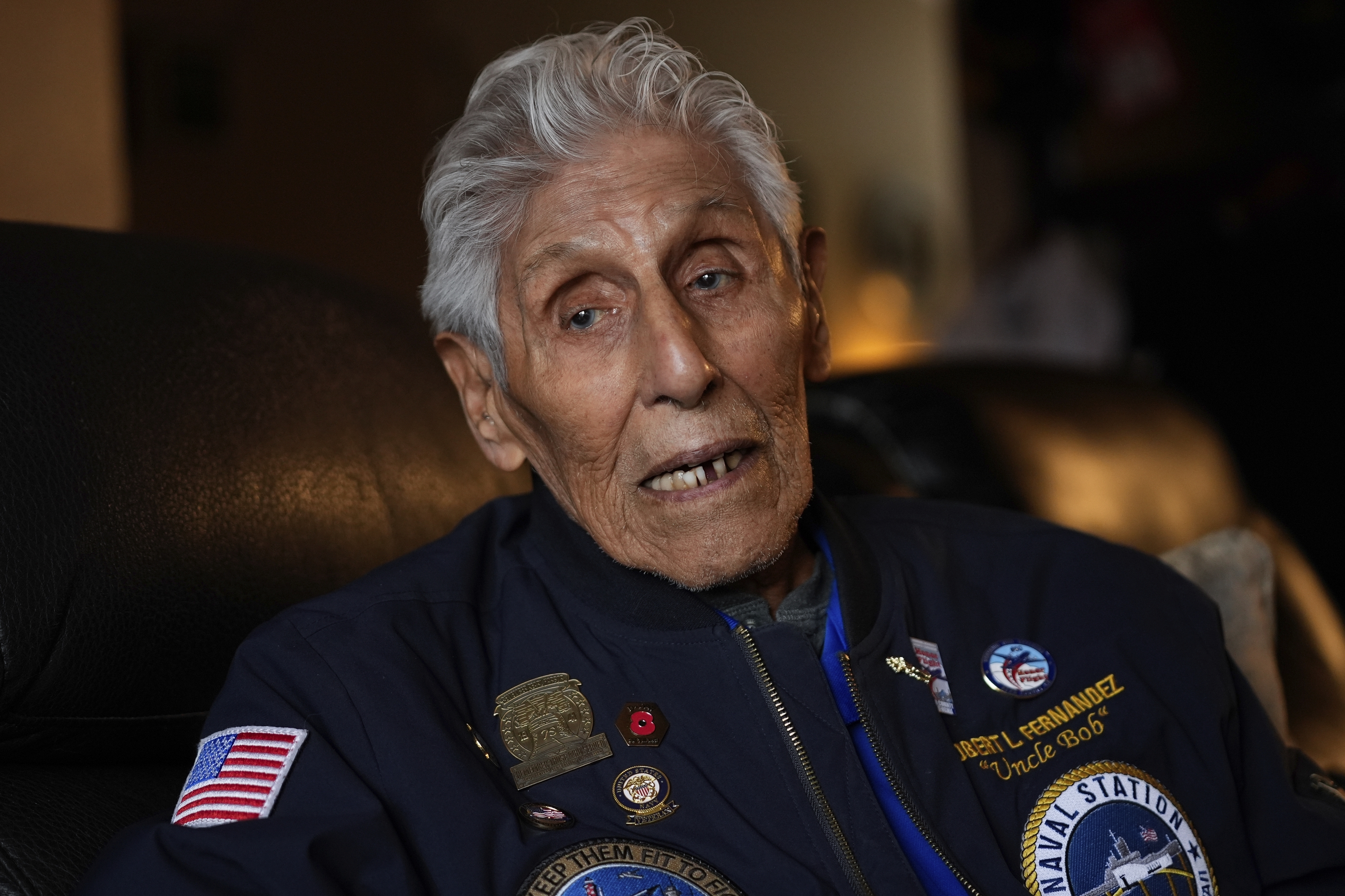Secretary of State John Kerry, making his last trip as the top U.S. diplomat, on Friday defended the 12-nation trade pact that the incoming administration said it would scrap and urged countries to refrain from provocative acts in the South China Sea.
"I can't predict what the new administration is absolutely going to do with the trade, but I can absolutely tell you that the fundamental reasons for the TPP haven't changed," Kerry told students of University of Technology and Education in southern Ho Chi Minh City, referring to the Trans Pacific Partnership agreement.
He said the U.S cannot grow unless it's able to sell goods to the rest of the world.
Kerry admitted that the future of the TPP, the centerpiece of the Obama administration's pivot to Asia, is in doubt when Donald Trump is sworn in as president next week. He, however, believed that U.S commitments to the region will not change.
"Shift in our administrations in Washington is not going to alter or fundamentally undermine the commitments of the United States to prosperity and stability and security of the Asia-Pacific," he said, adding that "our friendship doesn't depend on individuals or personalities."
Kerry also said that the U.S. and Vietnam have shared support for security and freedom of navigation and overflight in the South China Sea, which Vietnam along with China and four other government claims in whole or in part.
"We believe all countries in the region, whether big or small, that they all refrain from provocative acts that add to tensions or might lead to greater militarization of the area," he said.
U.S. & World
News from around the country and around the globe
He also repeated the U.S. opposition to coercion or threat of force "by any state to assert its claim over another... and I'm confident that the next administration will continue to adhere with the same good faith to that policy."
China claims virtually the entire South China Sea. The U.S. has challenged Beijing's assertiveness and the construction of islands in the disputed waters by sending warships close to the man-made features.
Kerry, a Vietnam War veteran, also praised relations with his former foes, saying two-way trade had jumped from just $451 million 20 years ago, when U.S.-Vietnamese ties were normalized, to more than $45 billion.
The number of Vietnamese students studying in the U.S. also has increased from 800 to 21,000, while American visitors to the communist country rose from 60,000 to half a million.
Kerry, however, urged greater respect for human rights in Vietnam.
The U.S and some European governments often criticize Vietnam for arresting or jailing people who peacefully express their views. Hanoi has said it only jails law breakers.
Kerry and Sen. John McCain, who was held prisoner of war when his Navy jet was shot down over Hanoi during the war, were key participants in the efforts to normalize relations in 1995.
Earlier Friday, Kerry held separate meetings with Prime Minister Nguyen Xuan Phuc and acting Foreign Minister Bui Thanh Son.
He is scheduled Saturday to tour the Mekong delta province of Ca Mau, where he fought almost 50 years ago.
Kerry then travels to Paris to attend a conference on Middle East peace and to London, where he will meet Foreign Secretary Boris Johnson to discuss Syria.
The most traveled top diplomat in U.S history ends his trip by attending the World Economic Forum annual meeting in Davos on Jan. 18, just two days before Trump is sworn in with former oilman Rex Tillerson nominated as Kerry's replacement.



